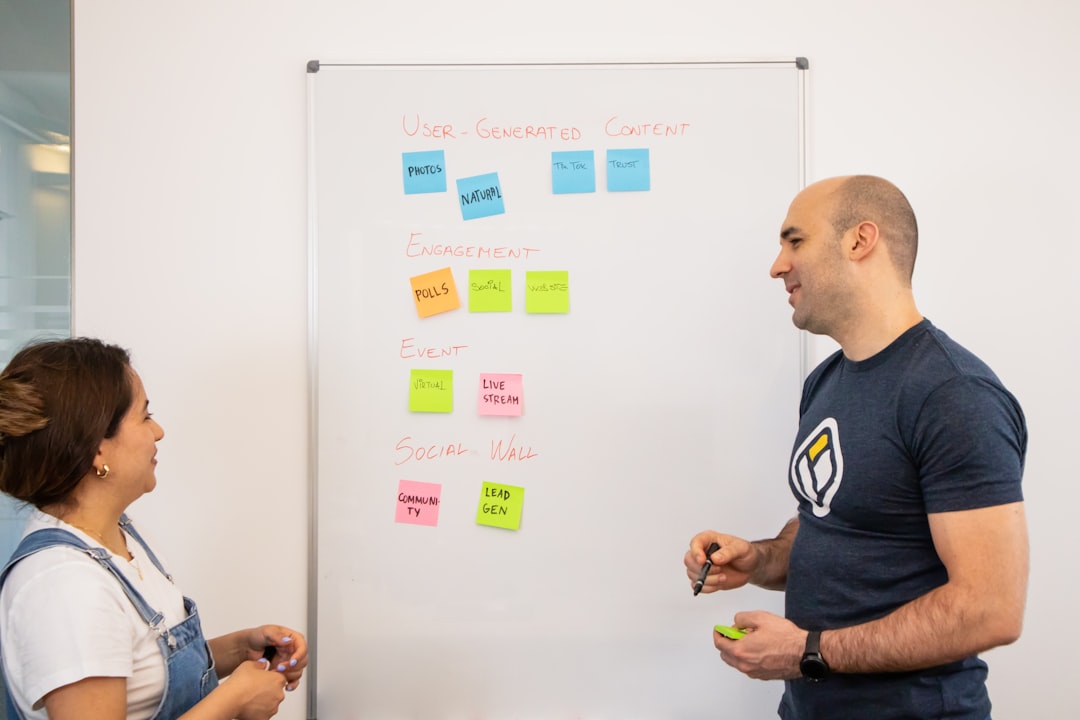No products in the cart.
Navigating the Future of Management: Insights from Gyanodaya 5.0
IIM Bodh Gaya’s Gyanodaya 5.0 sheds light on the transformative impact of digital innovation on management practices. Discover key insights and trends.
In an era where smartphones can outsmart the brightest of minds, the future of management is being reshaped at events like Gyanodaya 5.0 hosted by IIM Bodh Gaya. On a vibrant September morning, thought leaders and students alike gathered to dissect the profound questions of our time: How do we manage in a world where digital reigns supreme? What skills will define the leaders of tomorrow?
The conference was not just another academic exercise; it was a living, breathing dialogue that resonated deeply with the audience. The atmosphere sparked with ideas, like static electricity before a storm. As speakers took the stage, they painted a vision of management that transcends traditional boundaries, urging attendees to embrace change rather than fear it.

What emerged was a tapestry woven from diverse perspectives. Experts discussed the necessity of adaptability in a digital-first landscape. According to Dr. Anita Sharma, a prominent figure in organizational behavior, “The managers of tomorrow must not only be data-savvy but also emotionally intelligent. In a world driven by algorithms, the human touch is irreplaceable.” This sentiment echoed throughout the day, as panelists highlighted the delicate balance between technology and empathy.
 Career Advice
Career AdviceNavigating the Academic CV vs. Industry Resume Landscape
Explore the nuances between academic CVs and industry resumes, including structure, emphasis, and tailoring tips for career transitions.
Yet, while the allure of digital tools is undeniable, the conversation also ventured into the murky waters of employee rights. The gig economy, for instance, has transformed employment paradigms, providing flexibility but often at the cost of job security. “We are witnessing a revolution in how work is defined,” noted Rajesh Kumar, a labor rights advocate. “It’s crucial that as we innovate, we do not leave behind the very people who make these innovations possible.”
“We are witnessing a revolution in how work is defined,” noted Rajesh Kumar, a labor rights advocate.
This duality of innovation and ethical responsibility is a theme that resonates globally. As businesses rush to adopt new technologies, the question remains: Who benefits from these advancements? The World Economic Forum reported that while automation could displace millions of jobs, it also has the potential to create new roles that we can’t yet imagine[1].
As the day unfolded, interactive workshops allowed participants to engage directly with emerging technologies. From AI-driven analytics tools to immersive virtual reality scenarios, attendees were encouraged to envision themselves as pioneers of their own digital futures. These hands-on experiences underscored the importance of continuous learning—a mantra echoed by many speakers.
 Career Trends
Career TrendsNavigating Employment Trends in Healthcare: 2025 Insights
Discover the critical trends shaping healthcare careers in 2025, from technology integration to workforce challenges.
Read More →Notably, Gyanodaya 5.0 placed a strong emphasis on the role of education in fostering innovation. “Our educational systems must pivot to prepare students for a future where creativity and critical thinking are paramount,” said Professor Meera Joshi, an advocate for reform in educational practices. “It’s not enough to teach coding; we must also teach collaboration and communication.”
As Gyanodaya 5.0 drew to a close, the overarching message was clear: the future of management is not merely about adopting new technologies but about cultivating a mindset that embraces change. This is a call to action for young professionals everywhere—those within the 16 to 35 age group who are poised to inherit and redefine the workplace.
“Our educational systems must pivot to prepare students for a future where creativity and critical thinking are paramount,” said Professor Meera Joshi, an advocate for reform in educational practices.
In the digital age, the path to success is not linear. It requires resilience, adaptability, and a commitment to lifelong learning. As attendees left the conference with newfound insights and inspiration, one thing was certain: the future of management is bright, but it is up to the next generation to shape it.
 Economic Development
Economic DevelopmentMapping the Global Pay Divide: A Look at Minimum Wages in 2025
Discover the stark contrasts in minimum wages across the globe in 2025, and what they signal for the workforce of…
Read More →










